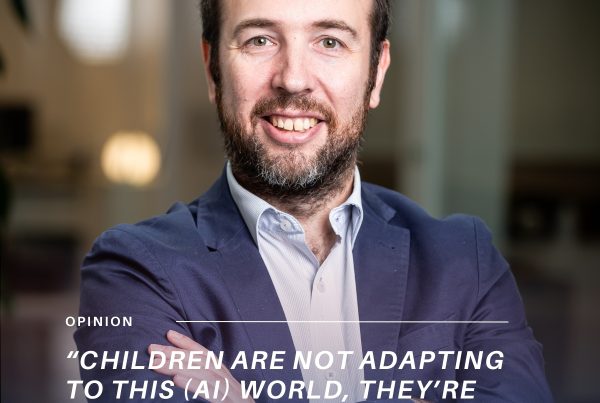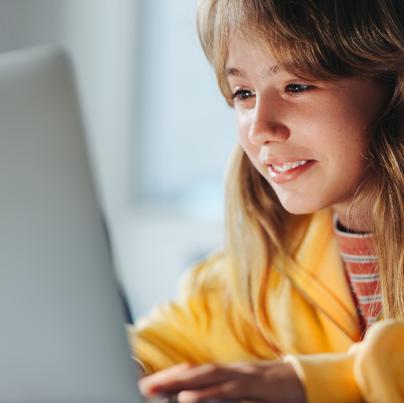In many geographies, the last days have brought families together during what used to be the regular working hours. The pandemic at a global scale kept home more than a half of the total number of students around the world. UNESCO reveals that 114 countries made the decision of closing schools and universities country-wide. More than 890 million students are being affected and this number is probably going to soar. Not even the best script of a dystopian movie could put us in front of such a scenario… But if this time at home – for the fortunate ones, with their families – was for long desired and seen as a blessed one, now it may become difficult to respond to every day office tasks with kids around, not only demanding our attention but also displaying their frustration and uncertainty feelings about these times: their second homes are closed and it seems we were not prepared to respond with the expected 21st century learner skills to these new challenges.
Many would say that happens because we do not have a strong infrastructure and education technology widely spread, guaranteeing curated content deliver to students and teachers. And if it is true that having the best technological conditions at equitable levels for all of us could partially help, we also believe that fortunately there are many learning experiences that may only occur when we are physically together. But, yes, it is a comfort to have all our curricula on-demand like Netflix or Filmin! Anyway, the question here goes beyond the availability of technology or content: it remains in the fact that we may not be ready to give the first step, to persevere, to inspire others to do something alike.
Even if you have a stable broadband, MOOCs, open education resources and luckily so many education technology platforms offering free licenses to interact with relevant and diverse lifelong learning content, many kids are now struggling because they miss the secret tasty ingredient that enables an information to become applicable knowledge or an experience to be a reference to our own existence: they must occur in the context of a meaningful relationship.
Probably you have already listened to a youngster saying: “I could do that, but where do teachers expect me to get motivation from, how do they expect me to wake up early and do those exercises by my own within these four walls?â€. It is not just because they need objective support to successfully complete the task, but because it is far more engaging to do it with their colleagues nearby, even if feeling they are suffering the same burden. It is because teachers’ deadlines and tips responding to an eye blink or a certain perceived disposition make the difference when talking about meaningful changes in ones’ knowledge, emotions and behaviours. Autonomous, self-driven, resilient lifelong learners are being tested right now – whether they are students or professionals –, as well as all we have been saying about the need to be at our own hands and risk in what concerns the definition of learning goals and desirable pathways to achieve them.
Maybe this is the time to identify and understand the gaps that persist to comprehensively evolve towards truly blended learning experiences, where we become more responsible for the purpose of Education and the meaning of our own growth. Additionally, parents and families may reconquer a space of learning exchange: not only parents assuming the role of tutors but exchanging roles with their kids in an open learning environment. This may support the comprehension that the learners’ role is changing in times of connectivism and make parents and families understand that teachers are changing their traditional ways of teaching, their didactics for a reason.
So, keeping at hand all the extended free trials of several educational applications through which we may have our students focused and comprehend the journey we still have to do to make engaging learning experiences more elastic to contexts and circumstances, during the following weeks we propose you to experience shared learning time with your families, with your children and youngsters, that may sound just fun and amusing. We will focus on toddlers, pre-schoolers, and grade-schoolers, believing these stages are demanding more support from our side and, concretely, more structured work by these days. Respecting the messages we have been following and sharing, about the relevance of having tight ties with others when learning is concerned and the relevance of STEAM approaches – which for us is no more than observe and interact with reality through a multiplicity of disciplinary fields, where science, humanities and arts are just arteries of an integral body – we suggest you some music, some videoclips, games and popcorn at hand to an eLearning experience à la carte. You may share it with your kids to help them understand a bunch of curriculum items and that the rainbow is in front and above. So, just sit down and relax.
Contribution by:
Ana Mouta, Ana Paulino and Inês Sá Couto are Pedagogy Specialists at jp.ik.




